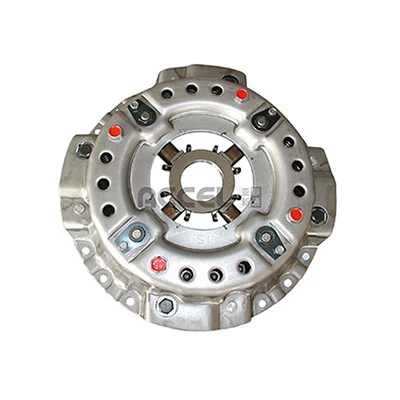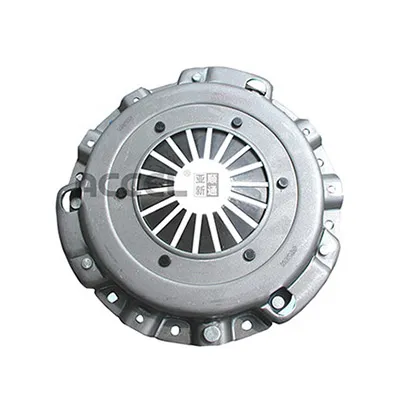Perlite is an amorphous volcanic glass that has gained tremendous popularity in horticulture, construction, and various industrial applications due to its lightweight and insulating properties. This article offers expert insights into the world of buying perlite, helping you make informed decisions while underlining its myriad uses.
Trustworthiness in purchasing perlite can also stem from regulatory compliance and sustainability credentials. Reputable suppliers should adhere to environmental standards, ensuring their perlite is sustainably sourced and processed. Perlite mining is often less environmentally damaging than other mineral extraction processes, as it involves little to no blasting and the mined areas can be rehabilitated. Buyers should look for suppliers certified by bodies such as ISO (International Organization for Standardization) to verify their commitment to quality and sustainability. In terms of pricing, the cost of perlite varies based on quality, quantity, and the supplier's reputability. Bulk purchases often afford discounts, making it cost-effective for large-scale projects. However, prospective buyers should weigh price against quality and ensure they do not compromise on critical attributes such as granule size and purity for a lower price; this can ultimately affect the product's effectiveness. Now, let's delve into the practical experiences of using perlite. Many professional gardeners appreciate perlite not only for its functional benefits but also its longevity. Being non-degradable, perlite does not decompose, retaining its form and functionality over time, which is an added advantage for long-term projects. Construction professionals also commend perlite for its fire-resistant properties, a critical feature when dealing with building materials. For first-time buyers, the recommendation would be to purchase from a trusted distributor that offers comprehensive guidance on the specific type of perlite required for your project. Documentation or case studies provided by suppliers can furnish further insights into successful perlite applications, reinforcing trust and authority. Additionally, engaging with industry networks and forums can provide practical feedback and user experiences that cannot be gleaniched from product labels alone. In summary, savvy perlite purchasing hinges on understanding its variant applications and specifications, relying on industry standards and credible suppliers for quality assurance. Whether for horticulture, construction, or industrial use, perlite stands as a versatile material supported by robust expertise, authority, and trustworthiness in its procurement and application.


Trustworthiness in purchasing perlite can also stem from regulatory compliance and sustainability credentials. Reputable suppliers should adhere to environmental standards, ensuring their perlite is sustainably sourced and processed. Perlite mining is often less environmentally damaging than other mineral extraction processes, as it involves little to no blasting and the mined areas can be rehabilitated. Buyers should look for suppliers certified by bodies such as ISO (International Organization for Standardization) to verify their commitment to quality and sustainability. In terms of pricing, the cost of perlite varies based on quality, quantity, and the supplier's reputability. Bulk purchases often afford discounts, making it cost-effective for large-scale projects. However, prospective buyers should weigh price against quality and ensure they do not compromise on critical attributes such as granule size and purity for a lower price; this can ultimately affect the product's effectiveness. Now, let's delve into the practical experiences of using perlite. Many professional gardeners appreciate perlite not only for its functional benefits but also its longevity. Being non-degradable, perlite does not decompose, retaining its form and functionality over time, which is an added advantage for long-term projects. Construction professionals also commend perlite for its fire-resistant properties, a critical feature when dealing with building materials. For first-time buyers, the recommendation would be to purchase from a trusted distributor that offers comprehensive guidance on the specific type of perlite required for your project. Documentation or case studies provided by suppliers can furnish further insights into successful perlite applications, reinforcing trust and authority. Additionally, engaging with industry networks and forums can provide practical feedback and user experiences that cannot be gleaniched from product labels alone. In summary, savvy perlite purchasing hinges on understanding its variant applications and specifications, relying on industry standards and credible suppliers for quality assurance. Whether for horticulture, construction, or industrial use, perlite stands as a versatile material supported by robust expertise, authority, and trustworthiness in its procurement and application.
Latest news
-
The Versatile World of Phlogopite Mica: Properties, Forms, and ApplicationsNewsJul.14,2025
-
The Versatile Applications of Calcined Mica: From Decoration to Industrial UseNewsJul.14,2025
-
The Role of Muscovite Mica in Industrial Insulation MaterialsNewsJul.14,2025
-
The Benefits of Using Expanded Clay Pebbles in Hydroponics and Soil GardeningNewsJul.14,2025
-
Innovative Applications of Mica Flake in Paints and CoatingsNewsJul.14,2025
-
Gardening Expanded Clay Usage: A Complete GuideNewsJul.14,2025
-
The Use of Natural Mica Powder in Skincare ProductsNewsJun.11,2025
Related Products








